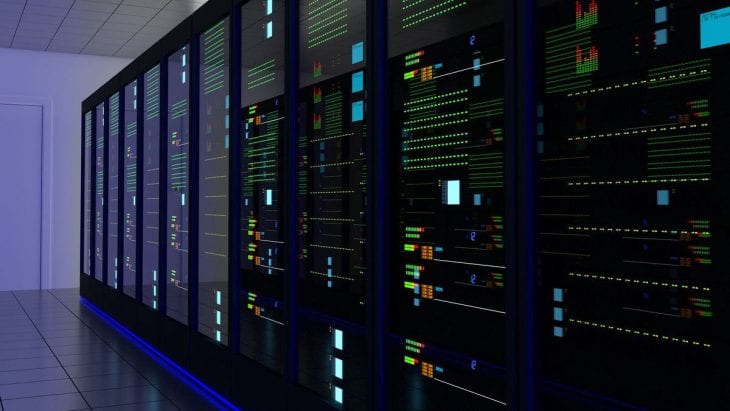Moving to a dedicated server can turn out to be one of the best or worst decisions you can ever make as a business owner. What makes the difference is the objective and thorough analysis of your present and future business needs and matching them to the dedicated servers that best suit them.
In order to maximize your chances of making the right call, we’ve identified some of the most important factors to consider before choosing dedicated servers.
Contents
Location
The physical location of your dedicated servers should be your starting point. You need to know the location of your target audience, the end users. Simply speaking, the closer they are to your servers, the better.

Img source: medium.com
For example, if most of your end users are located on the east coast, it wouldn’t make much sense to choose dedicated servers on the west coast as the network quality will be lower, and respectively the data delivery slower.
The same logic applies even if your end users aren’t customers per se. For example, if your server serves as a development sandbox, then naturally, your decision should be guided by your developers’ location.
Network Quality/Connectivity
No matter how close your end users are to your dedicated servers, the network quality can never be high if your hosting provider simply doesn’t provide it.

Img source: sitepoint.com
Most hosting providers will allow you to check their Network Operation Center pages and test the network for yourself. Do a test run of the traceroutes to and from the IP addresses you’ll be working with to make sure your host has decent transit carriers and that increased latency is unlikely. And if your hosting providers don’t allow you to do a test run, well, that’s probably a red flag, if not a dead giveaway for poor quality.
Load Balancing
When choosing virtually any kind of technology, you need to take your potential future needs into account. If you think that at some point your end users will be too many for a single server, it’s important to choose a host that offers load balancing which distributes the traffic for the same website between different dedicated servers.
A load balancer makes sure that every server that’s charged with an incoming request is up and running, and if it isn’t, the load balancer redirects the request to a server that is. This way, data delivery runs smoothly and your end users are happy.
Real Partnership and Dedication

Img source: clouvider.co.uk
Choosing a hosting provider should be approached almost like choosing a business partner. Good host providers treat your business like their own.
Your provider needs to be intricately involved in the process every step of the way in order to understand your needs and tailor a solution specifically to them. Don’t just settle for a standardized option. A hybrid solution, comprised of the most suitable features of different packages isn’t that much to ask.
The hosting providers’ engineers and specialists should be employed to share their knowledge, give invaluable advice, answer questions you didn’t know you have, and seek out the best plans of action rather than settling for the first decent one that comes up.
Because some of those attributes can be hard to gage, especially at first, it’s a good idea to do a background check of the hosting provider’s credentials and experience. Even though that may sound like common sense, it is particularly relevant to the hosting industry which doesn’t set the entry bar too high and sees high turnover rates.
Experience in this field often stands for more than just practice – it represents the attitude of a real, dedicated professional rather than a tourist.
Redundancy of Infrastructure

Img source: wodumedia.com
It’s important to think about unexpected circumstances like whether the server will stay up if the power goes down, and if it does, how long for. A good starting point for determining, or at least get a sense for that, is making sure your hosting provider’s facility has Uninterruptable Power Supplies (UPS), Automatic Transfer Switches (ATS), and power generators.
Even if you’re planning to use a dedicated server as a backup, a hosting provider with a history of power outages and unreliable equipment can seriously put you out.
Level of Management
Dedicated servers are generally split into two categories: managed and unmanaged.
If a server is unmanaged, it will have to be managed by you and your staff, meaning you’ll have to take care of maintenance, software configurations and updates, and anything else that comes up.
Managed servers, on the other hand, can be reactively or proactively managed.

Img source: hostgeek.com.au
Reactive management means the dedicated server reacts specifically to any support requests you make, whereas proactive management is done automatically, entailing more freedom and autonomy for the hosting provider, and more trust in its expertise on your part.
It’s up to you to decide which option best fits your needs.
Choosing a dedicated server can be a multifaceted challenge, but once you start breaking it down, you’re bound to recognize the features and services that reflect your needs and get you excited for the future.
